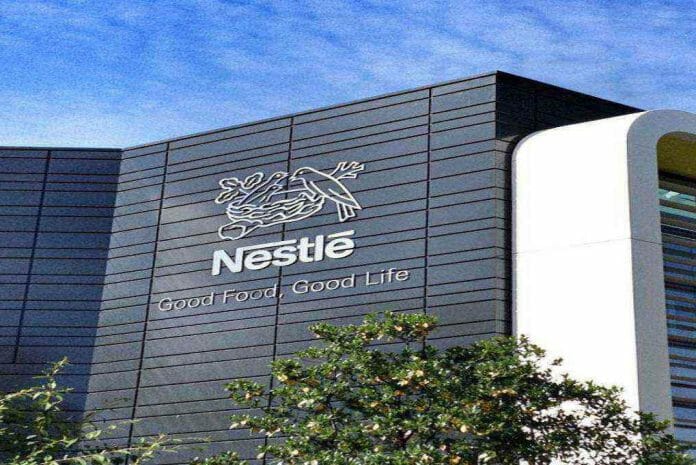NESTLE’s FY23 results met forecast but disappointed the market. Its FY23 core net profit rose 6%, driven by improved domestic sales and a lower tax though it struggled to pass on higher cost without hurting demand.
Kenanga Investment Bank (Kenanga), in its Results Note today (Feb 28) said they cut their FY24F net profit forecast by 3% but kepp to their TP of RM115.00 and issued an UNDERPERFORM call.
Kenanga explained NESTLE’s FY23 net profit met their forecast but missed the consensus estimate by 7%.
An interim DPS of 128 sen was declared (ex-date: 17 April), bringing its FY23 dividend to 268 sen (implying 95% dividend payout), lower than their estimate of 290 sen.
YoY, NESTLE’s top line expanded 6% in FY23 driven by higher domestic sales fuelled by resilient consumer demand, partially offset by lower export sales.
Similarly, its core net profit rose by 6% as unfavourable forex movements were cushioned by the absence of Cukai Makmur.
QoQ, its top line declined by 5%, Kenanga believes, due to the boycott of Western products amidst the war in the Middle East. Its core net profit rose 11% as higher operating expenses, particularly, marketing cost from several brand promotion activities, were cushioned by a lower tax on utilisation of reinvestment allowance.
Forecasts – Kenanga cuts their FY24F net profit forecast by 3%, having adjusted their assumptions on operating margin and finance cost.
Valuations Kenanga’s DCF-derived TP, however, remains at RM115.00 (based on WACC of 5.2% and TG of 2%). Kenanga makes no adjustment to their TP based on ESG given a 3-star rating as appraised by them.
Outlook – Kenanga remains cautious on the company’s outlook. The absence of a significant recovery in margins suggests that it is still struggling to pass on higher input costs.
Despite absorbing the higher input costs (by not significantly raising prices), there is still a risk that its customers may down trade, i.e. switch to cheaper alternatives, amidst sustained high inflation.
Certain products, like cereal, milk and evaporated milk, could be more vulnerable than the others given their low brand equity, nonetheless, Kenanga takes comfort in NESTLE’s wide range and variety of staple food products, which could cushion the impact of downtrading by customers, if it happens.
Risks to Kenanga’s call include: (i) a significant fall in commodities prices, (ii) a stronger MYR resulting in lower cost of imported raw materials, and (iii) consumers switching to food products of higher quality as purchasing power rises or inflation eases.









